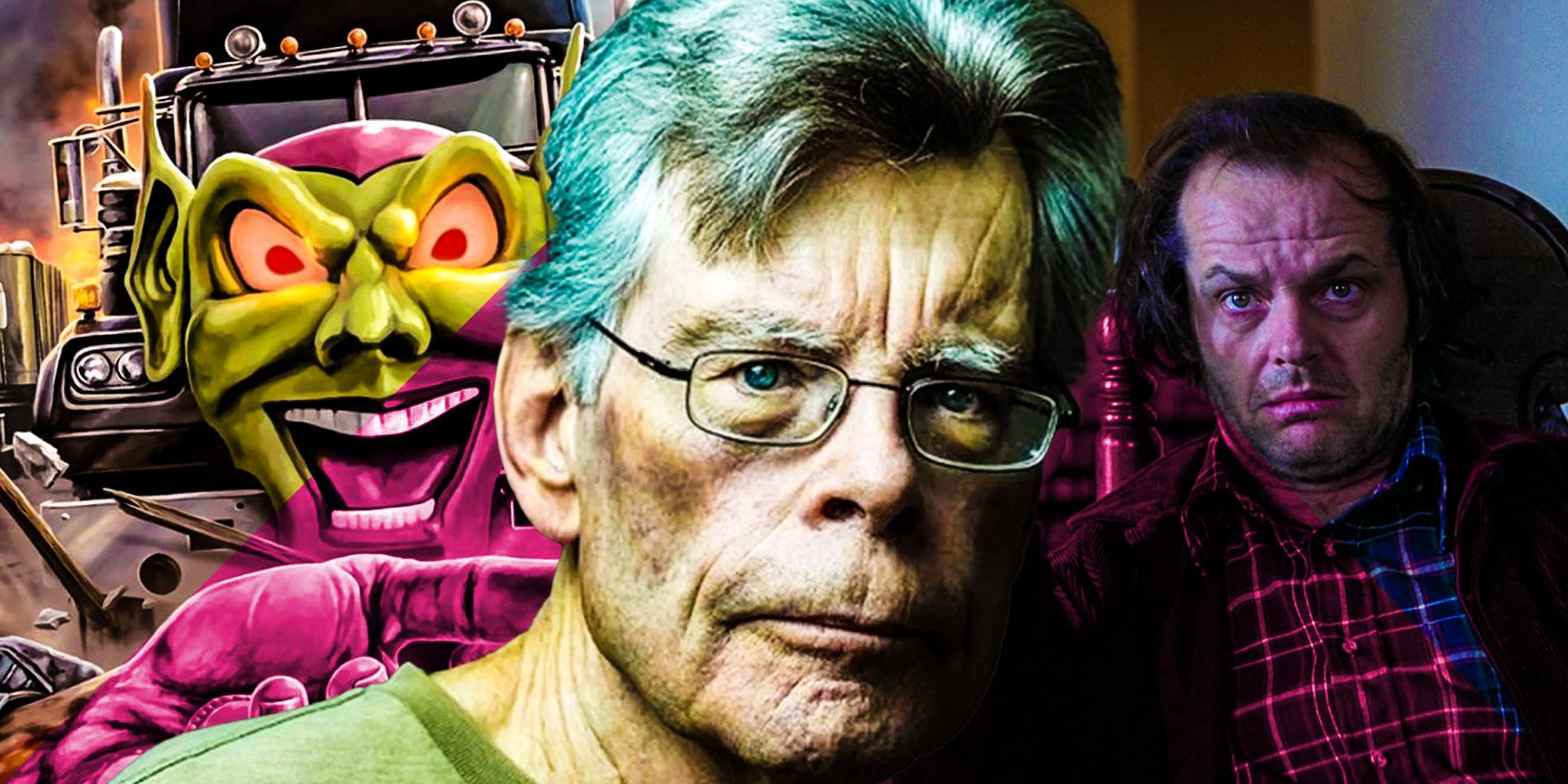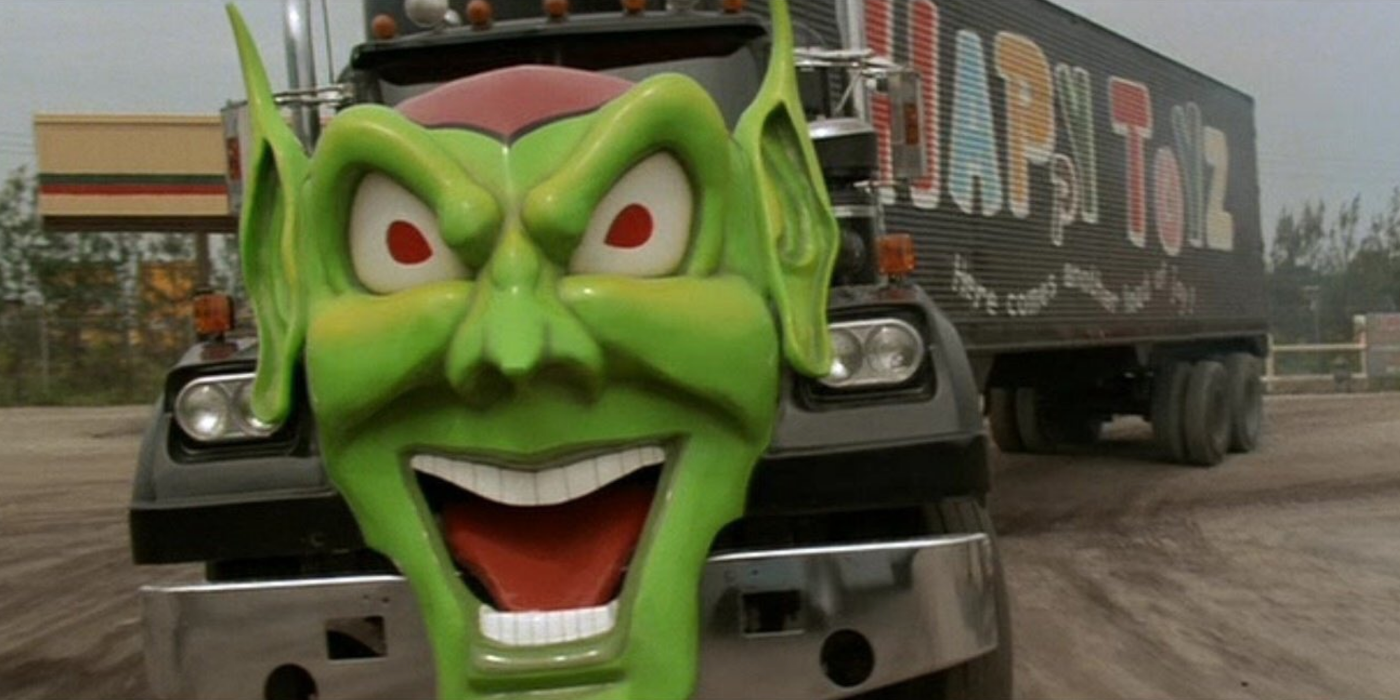Stephen King’s claim that Stanley Kubrick changed his hit novel The Shining too much between page and screen is contradicted somewhat by the writer’s choice to change his own story when directing Maximum Overdrive. Beginning in 1974 with the publication of Carrie, horror author Stephen King’s multi-decade dominance over the genre continues to this day and has seen the writer release countless novels, short stories, and movie adaptations. King’s contributions to horror cinema range from the cult hit Children of the Corn to the gruesome Graveyard Shift, to the sequel-spawning Sometimes They Come Back - and that’s just adaptations from his 1978 collection Night Shift.
However, despite the writer having many blockbuster adaptations (and almost as many high-profile flops) to his name, one King adaptation casts a longer shadow over horror cinema than any other. Released in 1980, Stanley Kubrick’s labyrinthine adaptation of King’s haunted hotel novel The Shining received mixed reviews upon initial release as critics struggled with the movie’s offbeat, blackly comic tone. The decades since, though, have seen Kubrick’s Shining earn a place in the pantheon of horror classics, and the movie is now often listed as one of the greatest horrors ever made
However, despite this, King famously hated the director's take on The Shining, feeling Kubrick changed the novel's story too much and made a movie barely connected to the source novel. However, a mere six years later, King would go on to take major liberties with his own short story, "Trucks", when he adapted to film as Maximum Overdrive. In fact, in 1997 (the same year the more faithful, King-penned miniseries version of The Shining debuted), a critically well-liked TV movie of Trucks arrived which was preferred by critics precisely because it stuck closer to the source material.
This would seem to prove King correct in his assertion the director would have fared better if he had created a more faithful adaptation of The Shining - but the humdrum reception of King’s own television version put the kibosh on that possibility (despite the stellar make-up effects work in The Shining miniseries). Instead, the incident proves King himself isn't above indulging in exactly what he accused Kubrick of, changing a source story while bringing it to life onscreen and altering the reception in the process.
The difference, of course, is that Kubrick’s austere movie made it harder for viewers to sympathize with Jack Nicholson’s unhinged Jack Torrance and easier to find his plight oddly funny as well as foreboding, whereas King’s changes to Trucks did little to improve Maximum Overdrive. Luckily, viewers were spared the NC-17 rated excessive gore of King’s original cut when the MPAA and King's friend George A. Romero convinced him to tone down the violence. However, the movie still flatlined with critics where the more faithful Trucks was comparatively well-liked. Perhaps the divergent receptions of The Shining and Maximum Overdrive proved the issue was less with changing the source material, and more to do with which director was making the changes to Stephen King’s original story.


